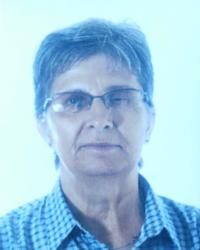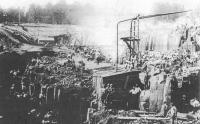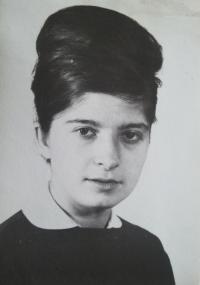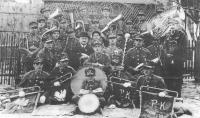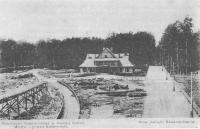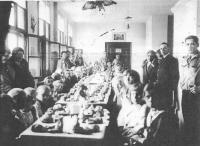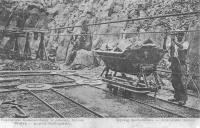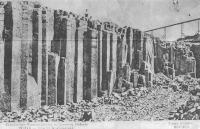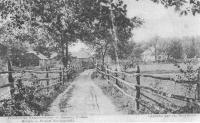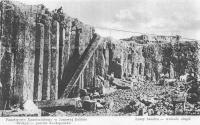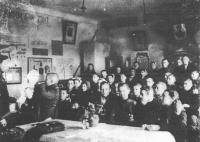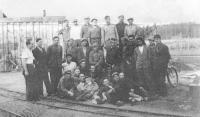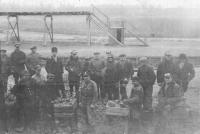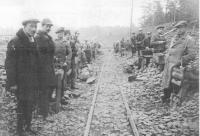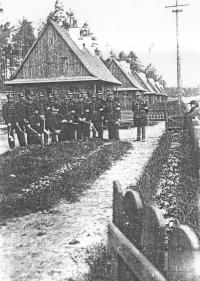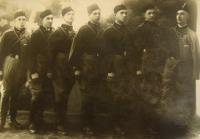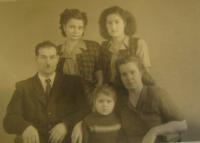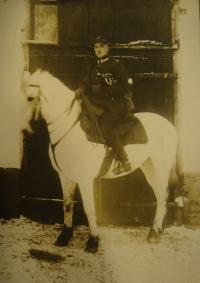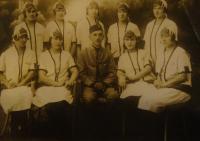I heard about it already during family reunions when I was a little girl

Download image
Mgr. Anna Levová, née Doležalová, was born June 1, 1946 in Zdolbunov in Volhynia in the then Soviet Union. She belonged to the community of Volhynian Czechs and in 1947 she re-emigrated to Czechoslovakia. She studied a secondary school here, and after graduation from the faculty of pedagogy she began working as a teacher. She had to leave her job after 1968 and she then worked in a library, in a bookshop and eventually as a medical laboratory assistant. She now lives in Kralupy nad Vltavou.
